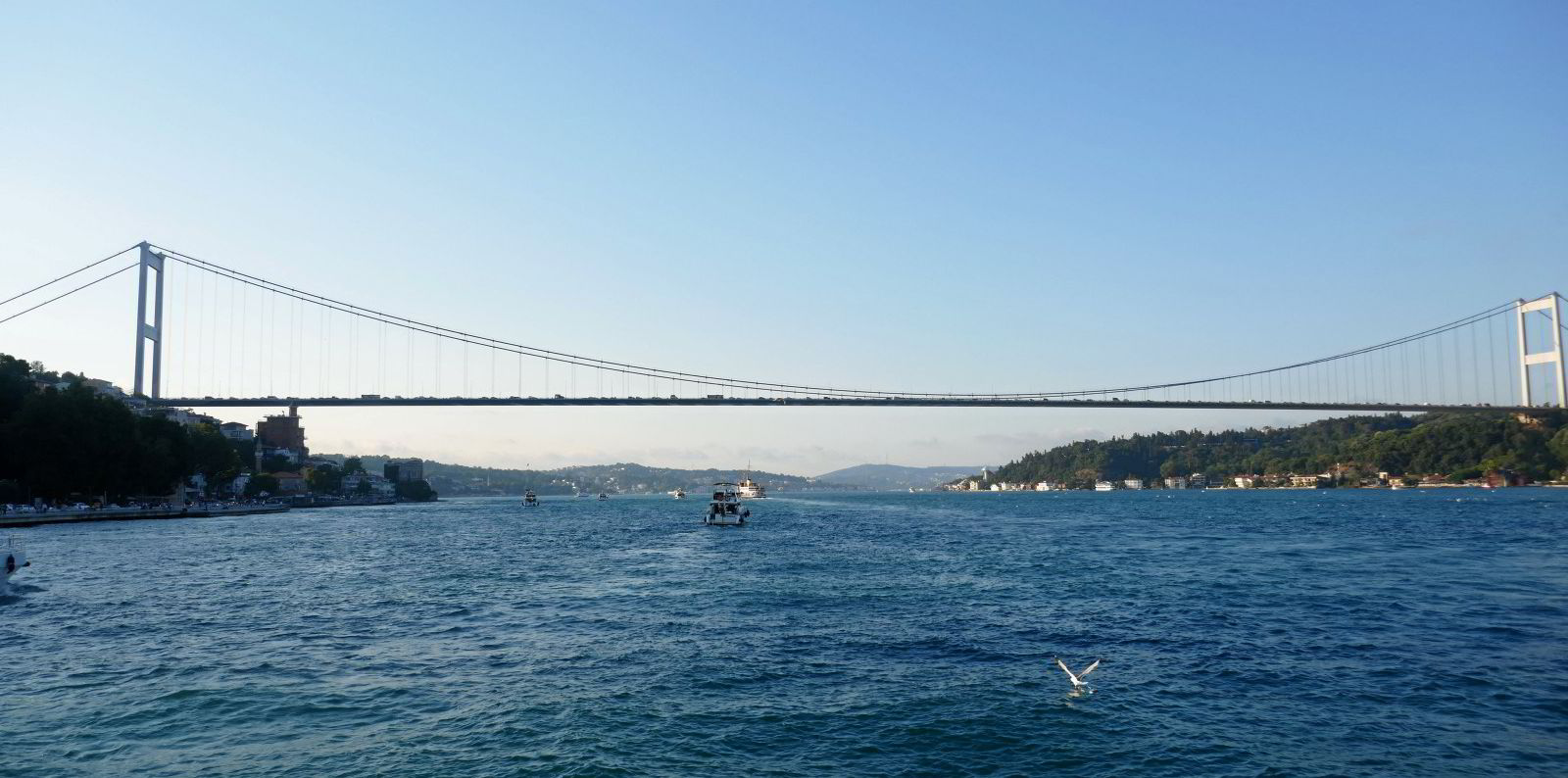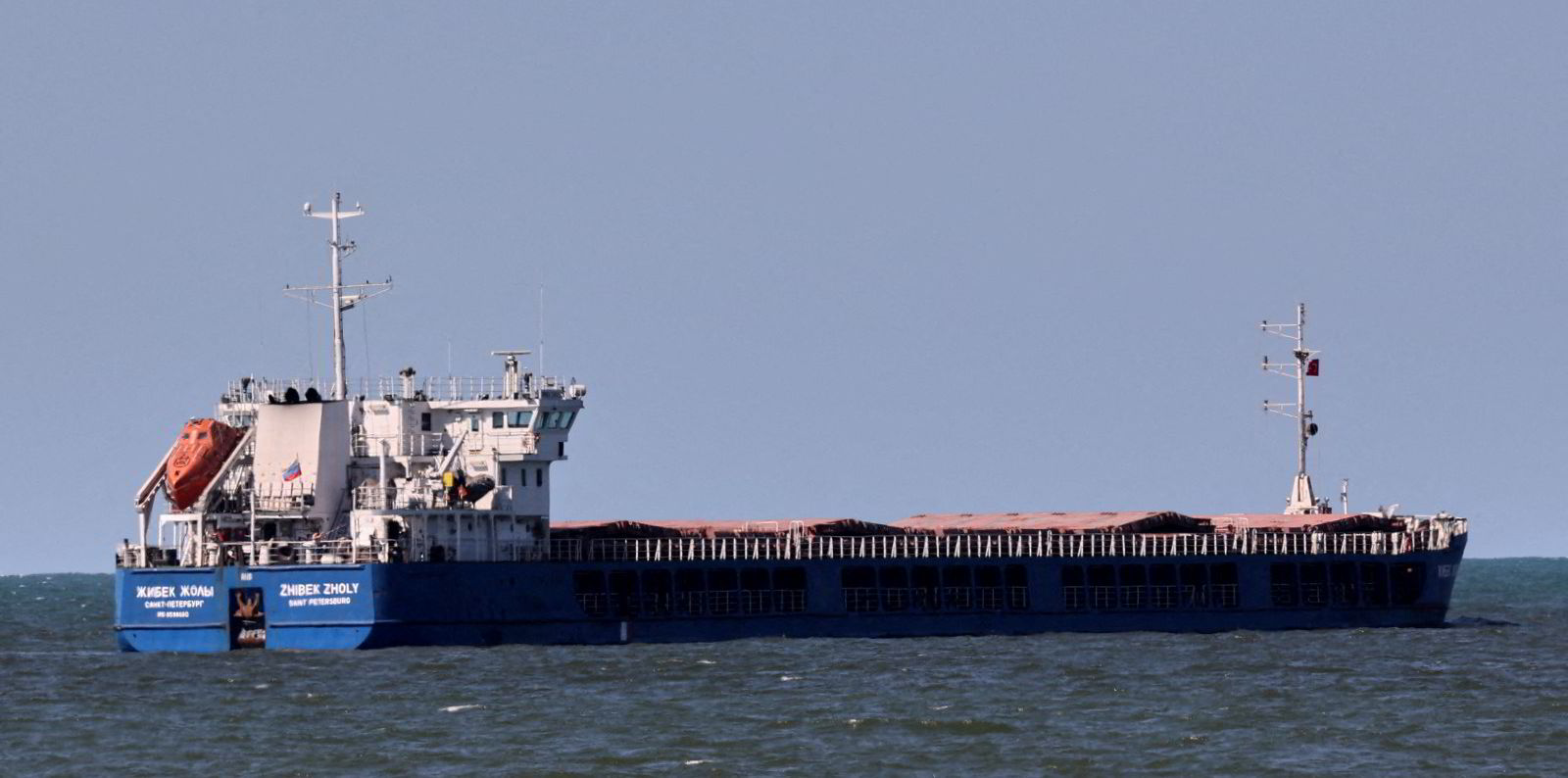A tanker carrying Russian oil travelled through the Turkish Straits with a questionable protection and indemnity certificate on board, a senior Turkish shipowner has revealed.
“Going through the Straits like that is a great crime,” Mehmet Gungen of Gungen Maritime & Trading said during a panel discussion at the Turkish Maritime Summit in Istanbul on 1 July.
Gungen was supposed to take delivery of the vessel’s cargo in a ship-to-ship transfer in the Mediterranean a few weeks ago.
But managers at Gungen started having doubts when they took a closer look at the ship’s online documentation.
“There was something odd about the P&I certificate,” one Gungen manager said. “It was from an organisation we had never heard of before.”
Subsequent checks led the owner to conclude that the document was fake. Gungen managers called off the ship-to-ship transfer and alerted authorities.
However, by that time, the vessel had already crossed the Bosphorus. If the P&I document was indeed a fake, any accident within the hard-to-navigate straits would have effectively been without cover.
Addressing a government member present at the panel, Gungen said: “You know very well that ships are passing through the Turkish Straits with fake documents. What kind of risk is that?”
The further whereabouts of the ship, which Gungen did not identify, remains unknown.
The incident highlights the risks inherent in the trade with Russian oil, as rising freight rates in the region in the wake of the war in Ukraine are attracting questionable players.
Market sources say tankers are currently so profitable in the region that it is worth buying a vessel for just a few, hastily arranged voyages. The Turkish Straits’ bottleneck offers an opportunity to potentially filter such questionable vessels out by probing their documentation.
Meanwhile, legitimate operators who can still perform the trade legally in high-quality ships often find it hard to make sense of vague and sometimes contradicting sanctions announced by various jurisdictions.





